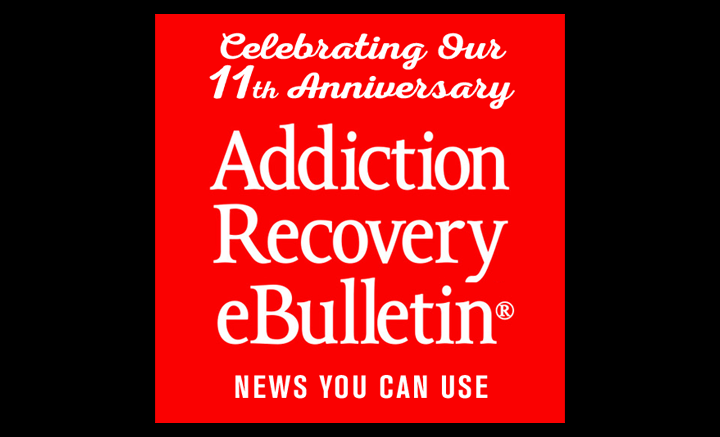OBSERVE DON’T ARREST –
July 11, 2022 – For some ethnographic researchers, this means not simply recording the experiences of people who use drugs, but incorporating them into the research process. A recent paper co-authored by McNeil, from the Yale School of Medicine, was built around interviews at a supervised drug consumption site and relied in part on peer researchers who “lived in the neighborhood, had lived experience of criminalized drug use, and were trained in research.” Structuring research in this way, McNeil said, helps ensure that research findings adequately reflect the fast-changing reality on the street. This is especially important as the increasing presence of fentanyl makes the illicit drug supply more lethal.
In a statement released in March about the Biden administration’s response to the opioid epidemic, the White House noted that it was “including the input of people who use drugs in designing harm reduction interventions,” and that it would be consulting “a steering committee made up entirely of people with lived experience.”
As some political obstacles begin to fade away, ethnographic findings may continue to challenge the status quo. One paper from 2020 examined the “protective effect of trusted dealers” in the context of the opioid crisis. Interviews with people who use drugs in Providence, Rhode Island, revealed that, for many who had long relationships with their dealers, this relationship was a way for them to use safely amid the increasing presence of fentanyl. One woman reported that her drug dealer saw a story on the news about someone who suffered a non-fatal overdose. He realized that the person was one of his clients, and that the heroin he was selling was tainted with fentanyl, so he called the woman to tell her to throw away her drugs and offered to replace them at a discount. Law enforcement has long arrested low-level drug dealers in the hope they will divulge information about larger suppliers, but the research suggested that this tactic could increase overdose deaths, by driving people with addiction to buy from unfamiliar sources.



